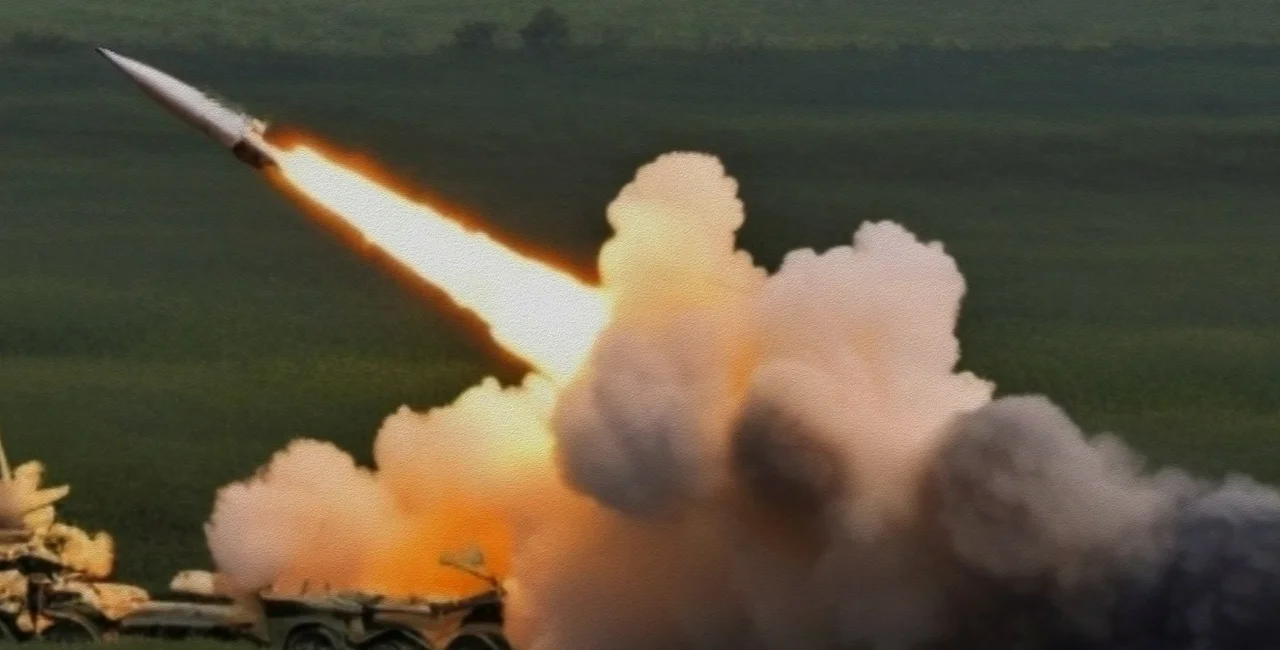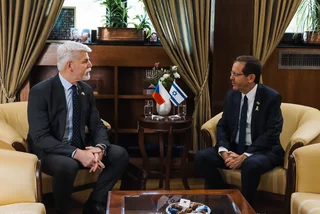As tensions escalate in the Middle East, the Czech Republic has firmly positioned itself in support of Israel, particularly following recent missile attacks by Iran.
On Monday, the Czech Foreign Ministry condemned Iran's missile strikes on Israel, which reportedly involved nearly 200 missiles. In an interview with Czech Television, Foreign Minister Jan Lipavský described the attack as "an act of aggression" that "must be unequivocally condemned," affirming Israel's right to defend itself.
He emphasized the need for vigilance, stating, "The Ministry of Foreign Affairs monitors the situation in the Middle East 24 hours a day."
In line with its pro-Israel stance, the Czech Republic also blocked a joint EU statement calling for an "immediate ceasefire" between Israel and Hezbollah. Lipavský explained that the EU statement contained "one-sided statements against Israel that limited its right to self-defense." He noted that military operations against terrorist groups can be justified under certain circumstances.
Czech officials, including Prime Minister Petr Fiala, have echoed support for Israel amidst ongoing conflict. Lipavský articulated a broader view of global unrest, stating: "The world is a dangerous place because the Pandora's box of warfare has opened." He connected the current situation to a wider context of escalating military confrontations since the Russian invasion of Ukraine.
In response to the recent violence, EU Foreign Policy Chief Josep Borrell lamented the civilian casualties and called for international humanitarian law to be upheld.
"We deplore the numerous civilian casualties in Lebanon, the destruction of civilian infrastructure and the associated long-term consequences, and the high number of internally displaced persons on both sides, and reiterate our call for international humanitarian law to be respected at all times," Borrell said.
The Czech Republic's decision to oppose the EU's collective stance raises questions about its diplomatic relations within the bloc, where it stands alongside Hungary and Austria among the strongest supporters of Israel, according to Euronews.













 Reading time: 1 minute
Reading time: 1 minute 
























